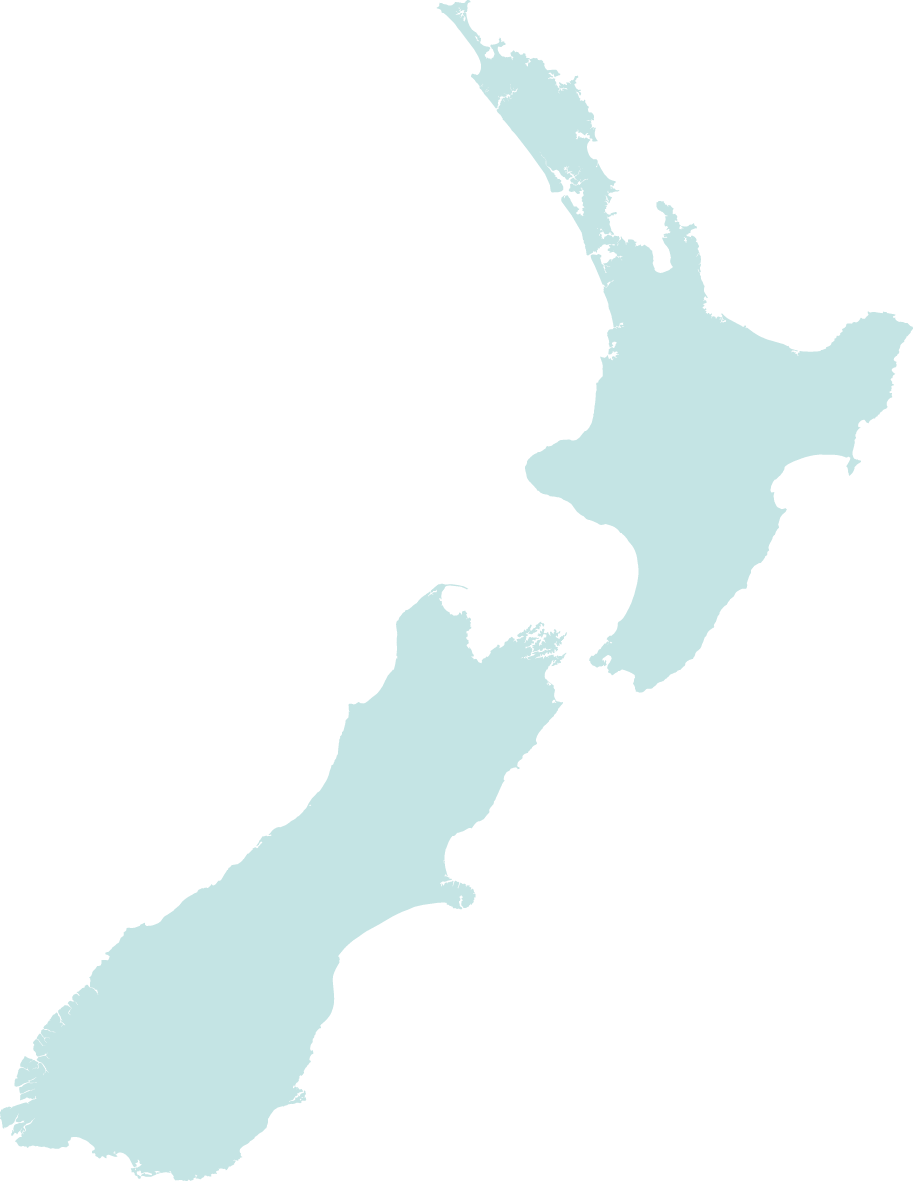University of Canterbury
Covid-19: Access to campus under Alert Level 3
UC is committed to operating its research and teaching activities consistent with all Government advice, whilst endeavouring to support teaching and research that requires access to the campus or requires field-based activity. We are particularly conscious of supporting postgraduate research students and externally-funded research projects.
The campus will remain closed for all but exceptional and approved teaching and research activities.
If you require access, please complete the forms here
UC Principles
The safety of students and staff remains our top priority. All undergraduate (and taught masters programmes) will remain online until the end of Semester 1 - this covers all:
- lectures
- tutorials
- assessments
- examinations (8-20 June)
- library access, including AskLive and,
- desk based research and library research support
Study related
Q: What extra help is available to help me study on-line this semester?
UC has a range of support services to help you with your studies:
- Student Care Advisors - provide practical advice for your well being and success as a UC student - studentcare@canterbury.ac.nz
- Academic Skills Centre / Pokapu Pukenga Ako - free advisory service and resource hub to help you improve your writing and study strategies - academicskills@canterbury.ac.nz
- Equity and Diversity Services - provide a range of supports for students with disabilities - eds@canterbury.ac.nz
- College Student Advisors - please liaise with your college advisor
- UCSA Student Advocate - provide advice on your situation, future options and provide support on navigating the university system help@ucsa.org.nz
- There are also numerous resources to help you with your study in LEARN
If you are experiencing particular difficulties adjusting to learning in the online environment, it’s important to reach out to your course coordinators and let them know. UC has also produced a quick guide to help all students become more familiar with learning online.
Q: I feel anxious about the new way of learning - What should I do?
Transitioning to an online learning format is unexpected for most students, and you are definitely not alone. Here are some tips that might help you manage the new learning environment:
- Stay connected with tutors and lecturers.
- Set a good daily routine. This will help organise your day.
- Use a wall calendar to map out assessment schedules, or set events in your phone calendar to help remind you when you have due dates.
- Set aside personal time each day; do something you enjoy or simply take it easy and chill.
- Take regular breaks throughout the day.
- Stay active - take a short walk, zumba in your room, or yoga…whatever suits you. There are many free exercise activities available online, including those from UC Rec & Sport.
- Replenish your body and keep a balanced diet.
- Have a good sleep routine.
- Reach out - We acknowledge that we are all in this situation but the impact is not the same for everyone. Let us know how we could help you through this time.
General Support
Q: Who can I talk to if I have questions about my study and life in New Zealand in general?
Your health and well-being are extremely important at this time. The Student Care Team is your international support team and remains open and working remotely. If you would like to talk with someone, please make an appointment using their online booking system. The UC Student Care Team website also has lists of existing online resources that you might find useful. One particular link is to the Mental Health Foundation of NZ webpage – it has a whole section on Apps, e-therapy and guided self-help.
UC also has a dedicated email address for all COVID-19 related issues and enquiries. If you have a question that has arisen because of COVID-19, please email ucprotect@canterbury.ac.nz in the first instance.
Financial Support
Q: I’m financially struggling - what can I do?
If you are experiencing financial hardship that will have an impact on your studies, you may be eligible for financial support. Please contact the UCSA Advocacy & Welfare team in the first instance to discuss your situation. UCSA Advocates will assess your circumstances and may make further referral to Student Care if your situation fits the criteria for International Student Welfare Fund.
The New Zealand Ministry of Education also advises that if you are an international student, you can access the following essential services to help with basic needs here.
Q: I’ve lost my job due to COVID-19. Is there anything to supplement my lost income?
Students (including International students) who are legally entitled to work and are employed by a New Zealand employer can be covered by the wage subsidy. The subsidy covers employees who are working part-time, or on a causal or contract basis. Please note that as the subsidy is paid to employers, the subsidy does not cover international or domestic students who were not in employment prior to COVID-19. A useful link to the details of the policy is available here.
Health and Insurance
Q: What are the symptoms of COVID-19?
The following information is from the Ministry of Health.
The symptoms of COVID-19 are one or more of the following:
- a cough
- a high temperature (at least 38°C)
- shortness of breath.
- sore throat
- sneezing and runny nose
- temporary loss of smell
These symptoms do not necessarily mean you have COVID-19. The symptoms are similar to other illnesses that are much more common, such as cold and flu. Shortness of breath is a sign of possible pneumonia and requires immediate medical attention. Symptoms take up to 14 days to show after a person has been infected. A person can pass on the virus to others before they know they have it - from up to two days before symptoms develop.
If you have these symptoms, please telephone Healthline (for free) on 0800 358 5453 or your doctor immediately.
Q: How do I get a test for COVID-19?
If you are concerned about any COVID-19 symptoms you are experiencing, please immediately contact Healthline (for free) on 0800 358 5453 or call your doctor in New Zealand.
According to the Canterbury District Health Board (CDHB), a referral from your doctor or from Healthline is necessary to be tested at a Community Based Assessment Centre (CBAC). If you do not have a referral, you will not be tested at a CBAC, so you must first ring Healthline (0800 358 5453) or your doctor.
No on-demand or drop-in COVID-19 testing is being carried out at Christchurch Hospital.
Q: How much will a COVID-19 test cost?
A consultation that results in a referral for COVID-19 testing, the test itself and any follow up if the test result is positive, is covered under public health funding.
If you are under the care of UC Health and if the test comes back negative, then you are responsible to pay for any ongoing care (but the initial consultation and the test still remains free) – whether your insurance covers this is up to the insurance to determine. UC Health will invoice you their normal fee.
If the initial consultation does not warrant a COVID-19 test, then UC Health will bulk bill Studentsafe (or the student will pay if they have another insurer).
Q: Insurance – things to know about COVID-19 related claims
Pandemics are usually excluded from insurance policies. The University preferred provider (Studentsafe/Allianz) has issued a statement previously stating that policies purchased after 30 January this year are purchased with awareness of COVID-19, hence the insurance company won’t pay any claim that is caused by, or in any way connected with this event for policies purchased after this date. It is recommended, however, that you do submit a claim for medical and medical repatriation costs if your insurance policy was purchased prior to 30 January 2020.
The exclusion clause is imposed by the insurer and is outside the University’s control. However, as COVID-19 is a notifiable disease, it is expected that the key medical costs associated with the disease would be covered through the public healthcare. For more information, please see the Ministry of Health website.
Visas
Q: I want to drop down to two courses this semester - will this affect my visa?
In the first instance, please contact the Student Care Team (studentcare@canterbury.ac.nz) to discuss your personal circumstances. Immigration New Zealand requires a minimum of three courses to qualify for a student visa. At this stage Immigration has not changed this requirement for student visa holders.
For information regarding Immigration New Zealand’s response in relation to COVID-19 please see Student visa COVID-19 information.Please be aware that the response time might be affected due to the lockdown.
We also suggest you discuss changes to your courses with your course coordinators.
Q: I have applied for my student visa in New Zealand but haven’t received a decision yet.
Holders of a work, student, visitor, limited or interim visa with an expiry date of 2 April to 9 July 2020 inclusive who were in New Zealand on 2 April 2020 will have their visas automatically extended to 25 September 2020. Confirmation of extensions will be emailed from INZ to all visa holders.
If your visa has been extended you should have received a confirmation email from Immigration New Zealand. They would have used the most recent email address that you provided. You can confirm your visa expiry date by checking the Visa Verification Service on the INZ website.
Travel-Related
Q: When can my family come to join/visit me in NZ?
We appreciate your desire to be reunited with your family. However, travelling involves health risks to your family members, yourself, and potentially the New Zealand public. There are also practical limitations such as the travel restrictions imposed by governments.
Immigration New Zealand has issued statements relating to visa application and travel. You can see updated information here.
Q: How should I arrange travel home?
We appreciate the uncertainty that you may be feeling at this time.
Currently, New Zealand is at Alert Level 4 in the COVID-19 response. This means that no travel is permitted for students, unless there is an authorised transport option. The same restrictions largely apply at Alert Level 3, which New Zealand will enter at 12:00am, Tuesday 28 April.
If you are considering traveling home, please contact your embassy or consulate general’s office and register your details with them. This means that you will receive the most updated travel and border restriction information from your home government. This also means that if your government has organised flights for its citizens to return home, you will be notified.
Please be aware that once you return home, you will need to wait until the border restriction is lifted in both countries in order to return to New Zealand.
The above information is true and accurate as of 24/4/2020, 3:30PM.
We acknowledge that this is not an exhaustive list of responses to the questions that you have. We are working to respond to all questions and concerns as soon as we can
Last updated: Apr 25, 2020 17:28








